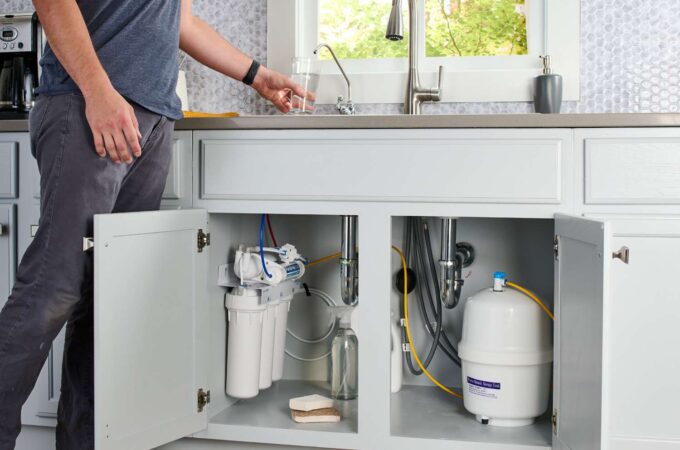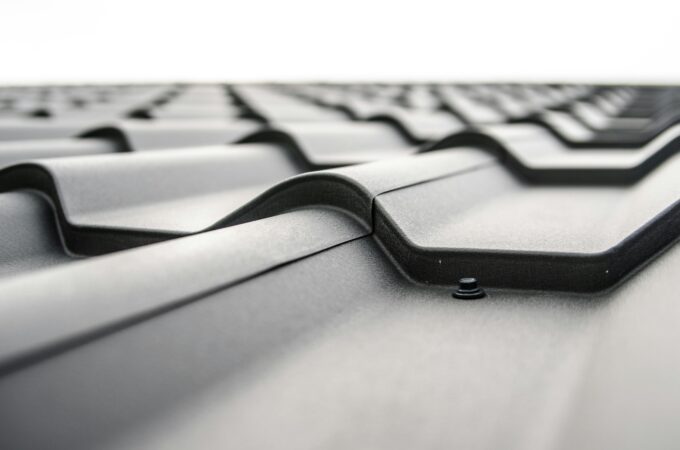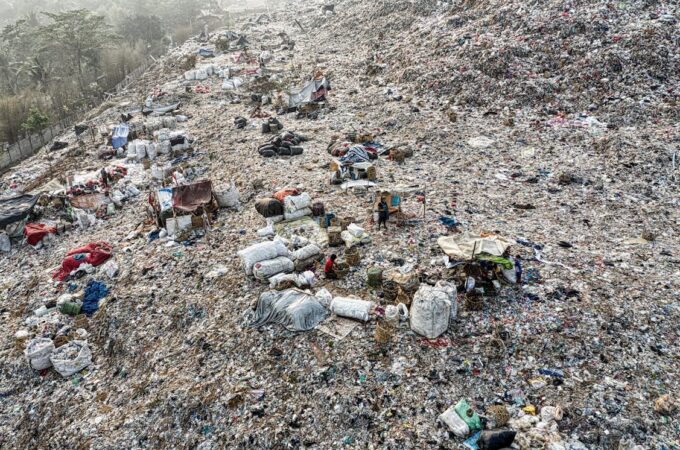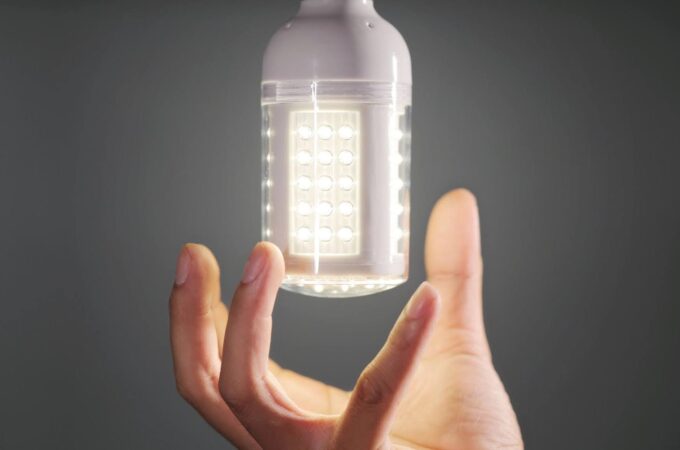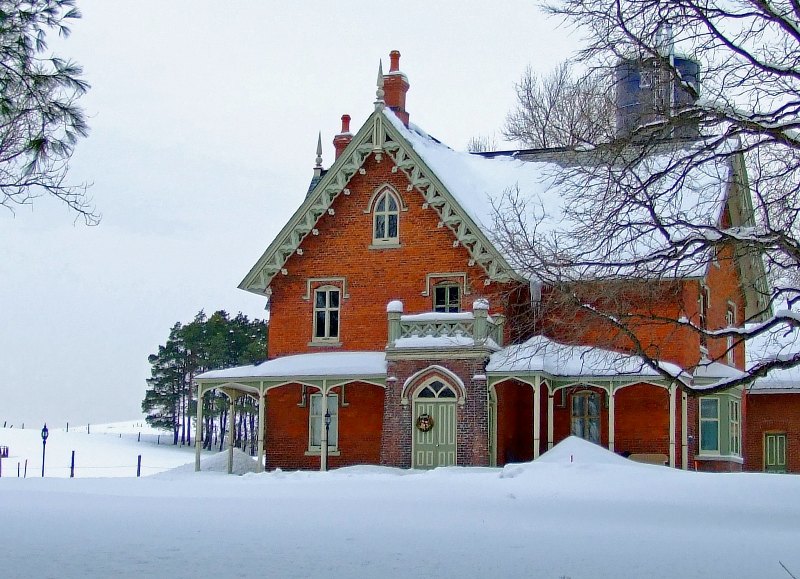
4 Ways to be Environmentally Conservative This Winter
Research shows that 61.86% of the home energy is wasted in general, and the percentage increases to a high level during winter. Even if there is no way you can fully combat wasting a lot of energy, you can be more environmentally friendly by adopting efficient means of energy consumption.
These means will not only save you from the rising cost of energy, but they will ensure that you have saved the environment from greenhouse gases and pollution during winter. Here are eco-friendly ways that you can put into place during the winter season.
Pay attention to the small things
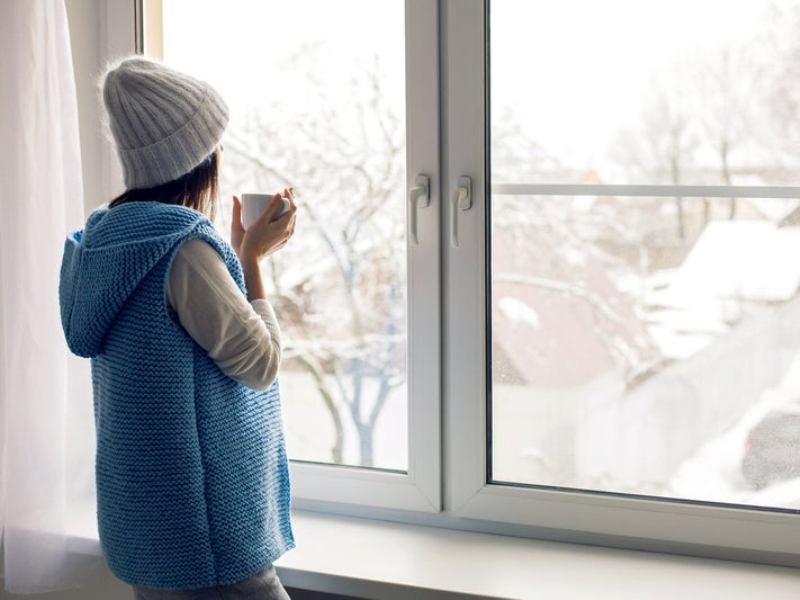
Besides using energy-saving appliances and gadgets, focus on the small things that are entirely nature-friendly. Starting from electric radiators to light bulbs, invest in things that saves on the electricity bills and is also an eco-friendly solution. It’s all about the small things that make a big difference so make your purchase decisions smartly.
Apart from being an excellent light source during winter, bulbs can also be eco-friendly, depending on their design. The amount of energy that your bulb is likely to consume mainly depends on the properties of its filaments.
Being environmentally conservative entails using bulbs that consume less electrical energy. Conserving energy is one way of achieving sustainable energy resource development.
Some days tend to turn dark during winter, and this calls for bulbs to be on throughout the day in your house or office. This doubles the amount of energy consumption per day, and this means that you have to pay extra cost to maintain the lighting system of your house. In this case, you can use LED lighting to save on energy usage in your house or office. By doing this, you will have promoted the good use of environmental resources.
Layer yourself up
It is one of the most eco-friendly solutions that contributes significantly to saving the environment from pollution during winter. It involves wearing thick clothes to protect your body against icy conditions, i.e., wearing long johns, undershirts, and other base layers under your clothes to ensure that a thick layer of insulation covers your body.
When going to places, you can bundle yourself in sweaters and scarves that will protect your face from the harsh climatic conditions. In most cases, people tend to wear clothes made of natural fibres to protect the environment from plastic pollution.
Synthetic fibres are the great cause of pollution on the earth’s surface as they form a significant part of inorganic pollutants. Apart from saving the environment from pollution, you turn down your thermostat to a few degrees while in your office. This will help to conserve the electrical energy of your organization.
Seal all the leaks in your home or office

Leaks can be one of the significant ways through which heat energy escapes from your house. They can be in the form of faulty windows, incomplete window blinds, or cracks on the wall. According to the thermodynamics properties of heat, heat energy can only be transferred from a hotter body to a more relaxed body.
If your room is hot and then the environment around it is cold, heat will be transferred to those regions by different modes like convection or radiation.
Leaking air waste can be costly to your organization and can also cause an imbalance in the air quality of your house. To avoid air leaks, inspect your home thoroughly to ensure that any possible fault or crack is detected and it’s repaired as fast as possible. You can use weather strips to fill those cracks or apply foam to the shots on the walls to ensure that no air is leaking outside your home or office.
Don’t forget to close your door or windows when they are not needed, as this will save your house from excessive heat loss. After that, you can reset your thermostat to lower degrees to help keep the electrical energy being used in place.
Skip the street salt
The government highly uses road salt to cater to the icy conditions on the roads. Because ice is almost a pure substance made of water molecules, introducing salt will impure the melting point of the ice.
When the ice melts, it carries with it the salt to water bodies. This, in turn, causes harm to the aquatic ecosystems by killing several fish that survive on freshwater. Too, plants that grow in water will highly be affected if they are not adapted to salty environments. To clear ice from your home path, use beet wastewater to remove it as it is more environmentally friendly than salt.

